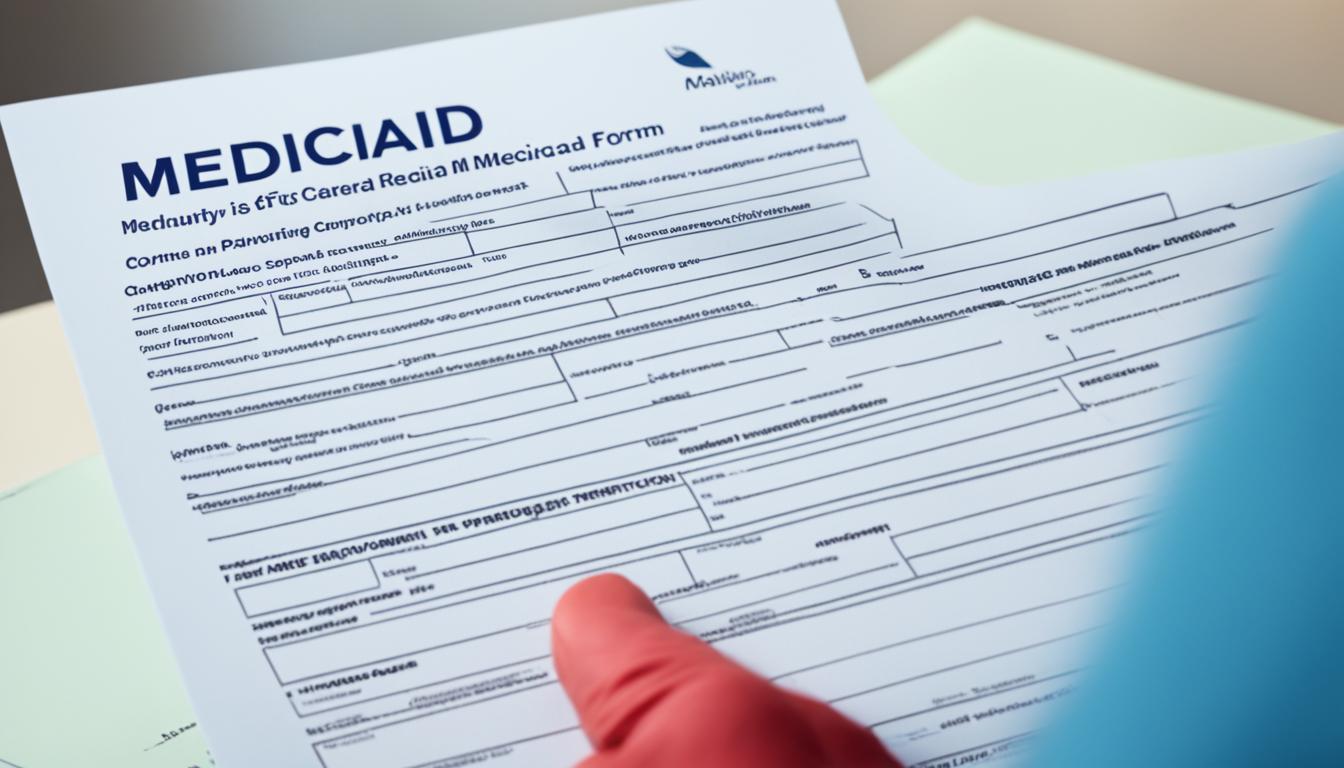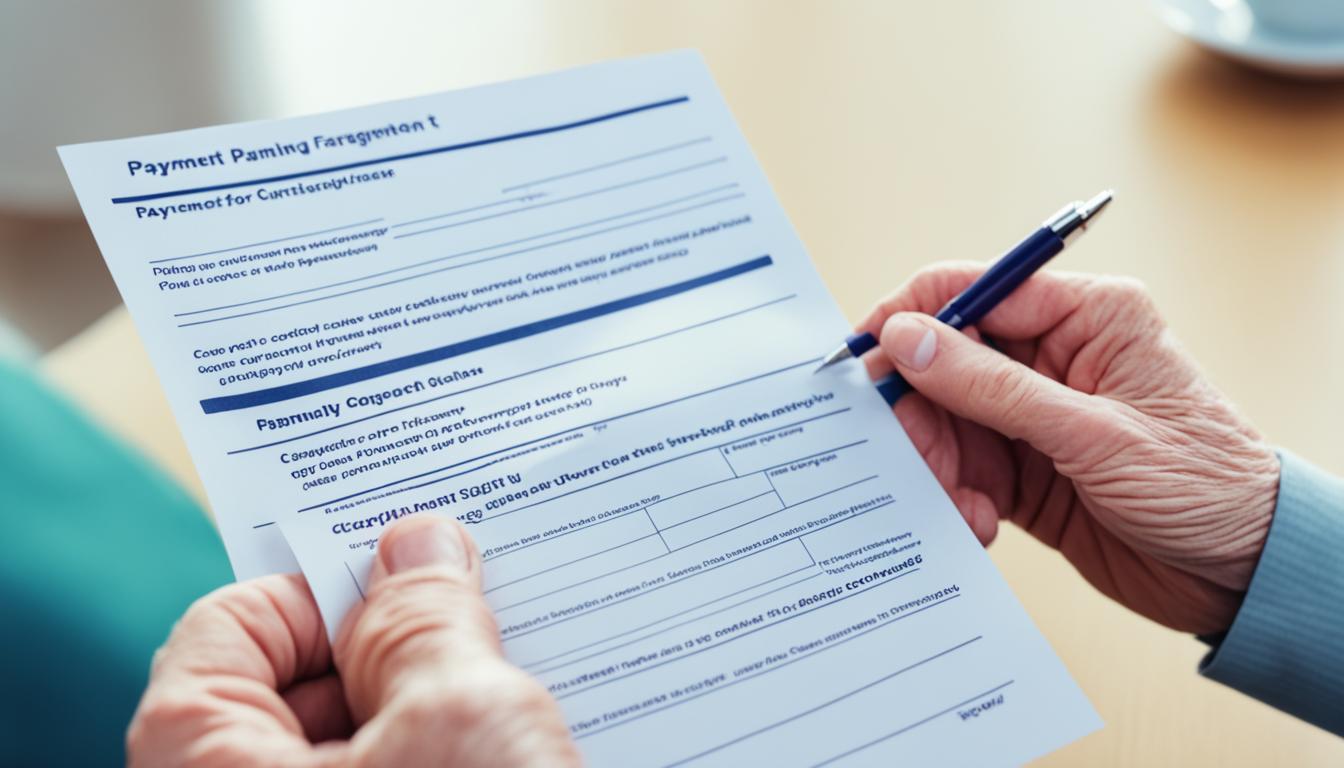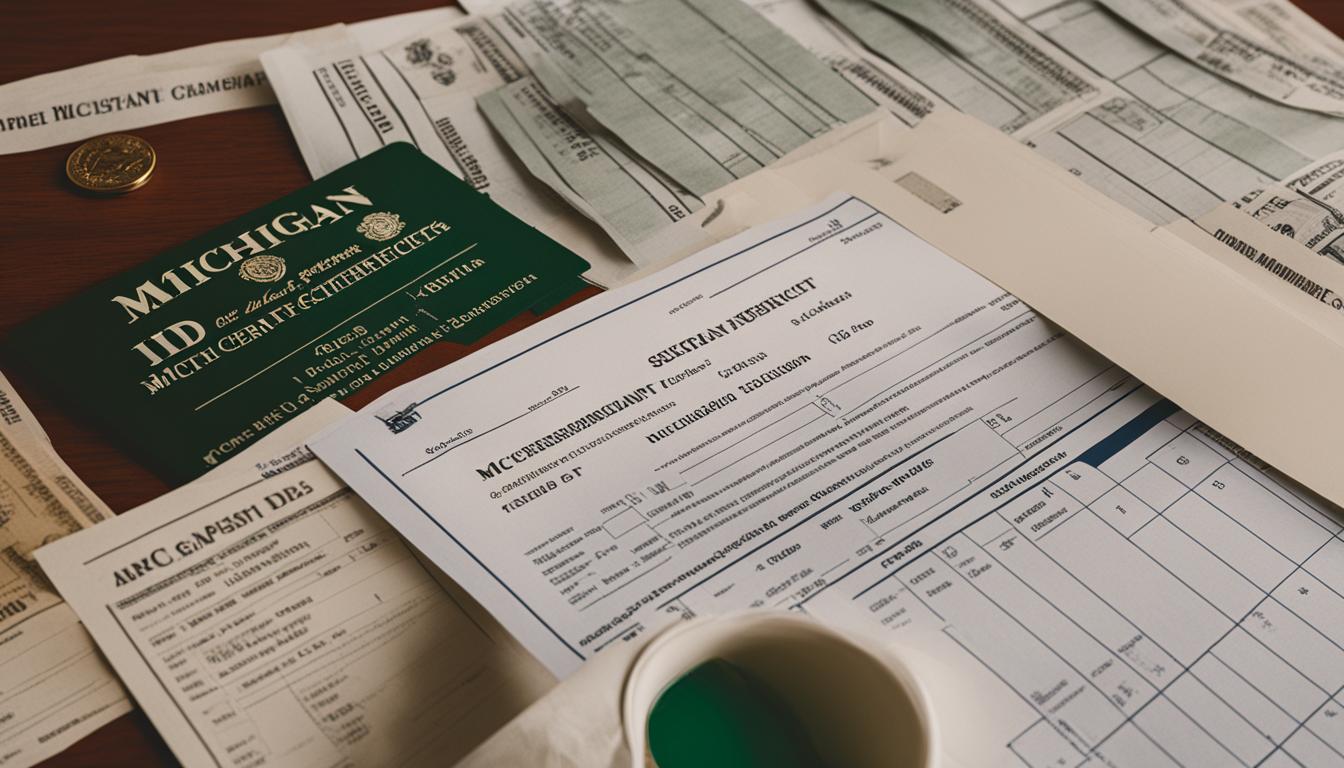Delving into the intricate web of family caregiving, Pennsylvania presents a beacon of support, offering financial buffers for those who shoulder the mantle of care. If you find yourself nurturing a loved one, the state acknowledges your dedication and allows you to get paid by the state for taking care of a family member in PA. This essential guide serves as a roadmap to navigate through the myriad of family caregiving compensation programs and to understand how to get paid as a family caregiver in Pennsylvania, ensuring you’re equipped to make informed choices in your journey of compassion and care.
Key Takeaways
- Discover the process to receive compensation for family caregiving in Pennsylvania.
- Understand the eligibility criteria for various state-supported caregiving programs.
- Learn the application procedures to secure financial aid as a family caregiver.
- Explore state programs that offer support beyond mere financial incentives.
- Gain insights on how to sustain both the well-being of the caregiver and the care receiver through state assistance.
Understanding the Pennsylvania Caregiver Support Program
The Pennsylvania Caregiver Support Program stands as a beacon of hope for those entrusted with the caregiving of family members or friends with functional impairments. As a comprehensive initiative, it ensures that caregivers receive the necessary assistance through various services and stipends. This exploration will explain the significant features and prerequisites of the program, aiming to provide caregivers with the knowledge to navigate the support system effectively.
The Comprehensive Assessment and Care Manager Role
Integral to the Pennsylvania Caregiver Support Program is the caregiver assessment and care manager, a dedicated professional who conducts in-depth assessments of both the caregiver’s and the care receiver’s needs, laying the groundwork for creating a personalized support plan. This ensures resources and services are tailored to each unique caregiving scenario.
Program Eligibility Criteria for Caregivers and Care Receivers
Eligibility for participation hinges on meeting specific eligibility criteria for caregivers and care receivers. Caregivers must be adult family members or friends providing care for an individual 60 or older with a functional limitation, or an individual of any age with chronic dementia. Similarly, care receivers require an evaluation of their medical condition and daily living capabilities to determine the program’s applicability to their circumstances.
Overview of Financial Eligibility and Reimbursement Scale
Financial support through the program is subject to certain financial eligibility and reimbursement scale parameters. Based on the Federal Poverty Level, the program uses a sliding fee scale, ensuring that assistance is extended to those in need. Individuals are evaluated for financial eligibility to ascertain the reimbursement for caregiving expenses, which is pivotal for many households.
Services and Education Under the Caregiver Support Program
The program is not merely a financial parachute but a holistic support network offering services and education for caregivers. Participants can access a wealth of resources, including care management, benefits counseling, and respite services, which aid in managing the multifaceted responsibilities of caregiving.
| Service Offered | Description | Benefit to Caregiver |
|---|---|---|
| Care Management | An organized plan to address the care receiver’s health, social, and other service needs. | Provides a structured approach to the caregiving process, reducing stress and improving outcomes. |
| Benefits Counseling | Guidance on insurance, legal issues, and public benefits. | Ensures caregivers are well-informed and can access additional resources. |
| Respite Care | Temporary relief to caregivers from their caregiving responsibilities. | Allows time for rest and personal care, vital for caregiver well-being. |
| Educational Programs | Workshops and training sessions on caregiving topics. | Equips caregivers with essential skills and knowledge to provide care effectively. |
Exploring Medicaid Waivers and Compensation for Family Caregivers in PA
Family caregivers in Pennsylvania who dedicate their lives to supporting a loved one often overlook the financial support they may be entitled to through Medicaid waivers. These waivers are designed to facilitate self-directing family caregiving while ensuring that Medicaid rates for caregiving align with the intensive nature of the task. Let’s delve into the intricacies of Medicaid waivers and the compensation options for family caregivers in the Keystone State.
Defining Medicaid Waivers and Their Relevance
Medicaid waivers for family caregivers in Pennsylvania provide a deviation from the usual care provision structure, allowing recipients to receive care at home rather than in institutional settings. These waivers are crucial because they empower individuals with disabilities and the elderly to have more control over their personal care services. By enabling self-directing family caregiving, waivers facilitate a higher quality of life and oftentimes a more cost-effective solution for the Commonwealth’s healthcare system.
Analyzing Different Medicaid Waiver Programs in Pennsylvania
Several Medicaid waiver programs operate in Pennsylvania, each tailored to specific community needs. Notable among these is the Person/Family Directed Support (P/FDS) Waiver, which caters to individuals with intellectual disabilities, allowing them to remain in a community setting. Similarly, the Community Living Waiver extends its benefits to adults with developmental disabilities, promoting their independence through family-centered support.
Steps to Self-direct and Pay Family Caregivers
When self-directing family caregiving, the process begins with the caregiver applying for a Medicaid waiver. They must then develop a care plan approved by the state, which specifies the services provided and the frequency of care. Subsequent to authorization, family caregivers may manage their caregiving budget, hire and pay for care services, and even compensate themselves for the caregiving responsibilities they undertake.
How Rates for Caregiving are Determined by Medicaid
The determination of Medicaid rates for caregiving hinges on a comprehensive evaluation of various factors. These include program-specific guidelines, the average local wages for care providers, and the specific caregiving tasks performed. Furthermore, the experience level of the caregiver, the care recipient’s level of need, time dedication, and overall market demands are taken into consideration to ensure fair compensation options for family caregivers.

Evaluating and applying for Medicaid waivers for family caregiving can offer sizable financial relief and support, ensuring that Pennsylvania residents who take on the noble task of caring for a family member do not have to bear the burden without compensation. It is a testament to the state’s commitment to its citizens’ well-being and acknowledgment of the invaluable contribution made by family caregivers every day.
How to Get Paid by the State for Taking Care of a Family Member in PA
For those providing care to family members in Pennsylvania, it’s vital to explore the various payment options for caring for a family member in PA. Programs such as the Pennsylvania Caregiver Support Program and Medicaid waivers offer state compensation for family caregivers, empowering them to continue their indispensable work. In this section, we highlight key steps and resources to help navigate the avenues available for getting paid for family caregiving in Pennsylvania.

Understanding and accessing these funds often start with a comprehensive assessment of your family member’s care needs. Once established, you can proceed to match these needs with the suitable state-offered program. Eligibility criteria vary, and it is crucial to ensure that both you and your care recipient meet the set requirements to avoid any disheartening setbacks.
- Review the eligibility criteria for the Pennsylvania Caregiver Support Program.
- Investigate Medicaid waiver programs available in your area and their specific provisions for caregivers.
- Apply for the program that best suits your situation, providing all necessary documentation to support your application.
- Understand the reimbursement process and stay informed about any changes in policy or funding.
While the prospect of getting paid for family caregiving in Pennsylvania provides financial relief, one must also consider the challenges it may present. From navigating bureaucratic channels to adhering to stringent guidelines, caregivers need to be prepared for the administrative aspect of these programs. Nonetheless, the financial support available through state compensation for family caregivers is an invaluable asset in continuing to provide quality care for loved ones.
Remember, every family situation is unique, and as such, seeking personalized advice from local agencies or a healthcare advocate could provide additional clarity. By staying informed and proactive, caregivers in Pennsylvania can find both the support and the compensation they need to sustain their essential roles in their family members’ lives.
Veterans and Family Caregiving Compensation Options in Pennsylvania
For the brave individuals who have served our country, Pennsylvania offers several compensation options to ensure veterans receive quality care from those they trust most—family members. The Veteran Directed Home & Community Based Care program allows veterans to manage their own health care needs and services. By doing so, this empowers them to employ family members as caregivers, thereby providing veterans with the comfort of being cared for by loved ones, while also offering compensation to those caregivers for their time and support.
Another significant aid for veterans in need of caregiving is the Aid & Attendance Pension Benefit. This benefit is designed for veterans who require the aid of another person to perform daily activities, and it extends financial help to cover the costs associated with in-home care by a family member. The compensation is a boon for veterans who need consistent, daily assistance with personal functions and affords family caregivers a means of support for their dedication and commitment.
Lastly, the Program of Comprehensive Assistance for Family Caregivers stands out among the VA programs for family caregivers in Pennsylvania. This resource provides financial compensation, comprehensive caregiver education and training, health insurance, and even beneficiary travel benefits. These programs collectively highlight Pennsylvania’s endeavor to offer robust veterans and family caregiving compensation options. It not only acknowledges the invaluable role of caregivers in a veteran’s life but also provides a structured approach to maintaining their dignity and quality of life within the sanctity of their own home.





